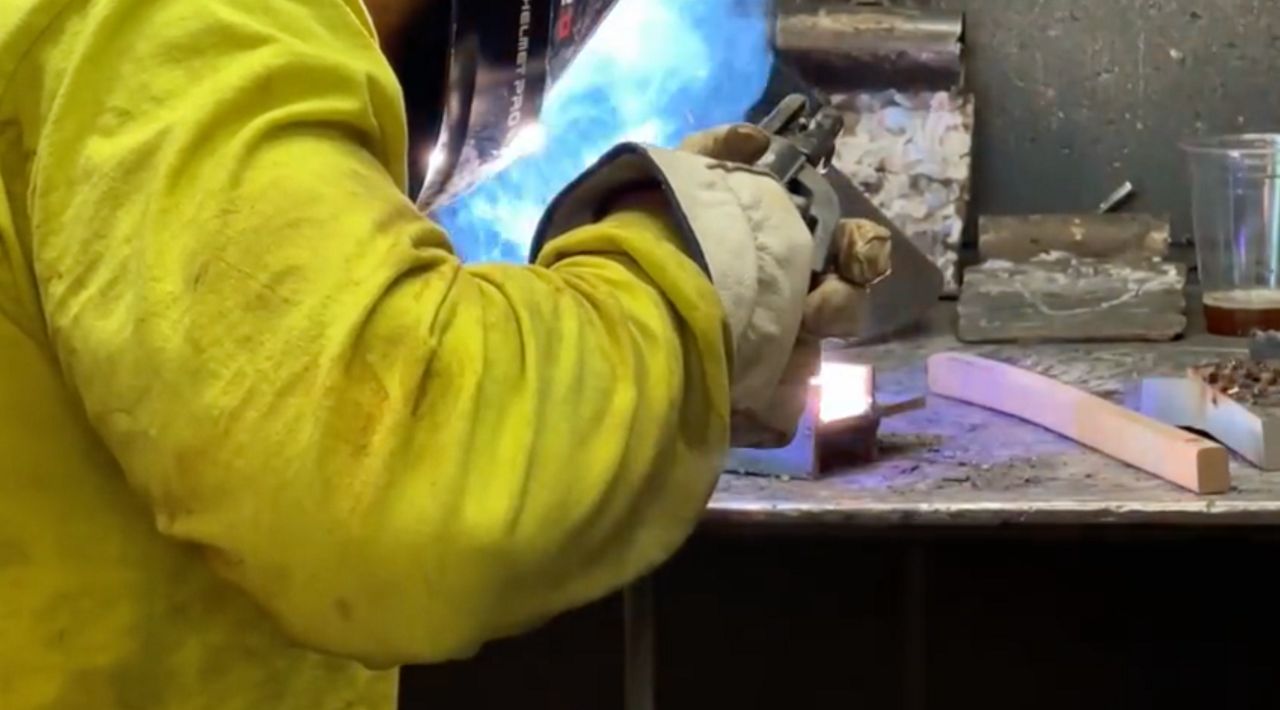MADISON, WI (SPECTRUM NEWS) – Wisconsin Attorney General Josh Kaul recently joined a group of bipartisan lawmakers to support a bill that would help prevent another sexual assault test kit backlog from happening again in the state.
According to the Department of Justice's Wisconsin Sexual Assault Kit Initiative, at the peak, there were nearly 7,000 untested kits across the state and the agency decided to test roughly 4,400 of those. As of Monday, almost 300 of those kits are still being tested or awaiting results.
New legislation recently introduced would set up a timeline and procedure for victims, nurses and members of law enforcement to prevent a backlog like that from happening again.
Under the bill, when a health care professional collects sexual assault evidence, a victim will have the choice to report to law enforcement or not.
If they do, the nurse who collects the kit would have 24 hours to notify law enforcement after which police would have 72 hours to pick up the kit and 14 days to send the kit to the state crime lab.
“I also think, and I hope, that we are sending a message to survivors in Wisconsin that we are here to stand up for survivors in the state of Wisconsin, that their cases are going to be taken seriously and prioritized, because we need to have a more effective response to sexual assault than we have had historically,” Attorney General Kaul said.
Right now, there is no clear procedure for collecting and processing sexual assault kits in Wisconsin, which led to a big backlog in the first place.
“I think this legislation keeps that decision to engage with law enforcement with the survivor, which is really important,” Ian Henderson with the Wisconsin Coalition Against Sexual Assault said. “There's a variety of reasons why a survivor may not want to report to law enforcement. One of those might be a fear of not being believed. A second might be concerns for their privacy, and we also know that for survivors of color, and those from other historically marginalized communities, they may mistrust system intervention including from law enforcement.”
If a victim chooses not to go to law enforcement, the hospital would send the kit to the state crime lab for storage within 72 hours.
The kit would be stored for up to 10 years or until the victim decides to report to law enforcement.
Right now, the legislation is still be circulated among lawmakers for co-sponsorship.









